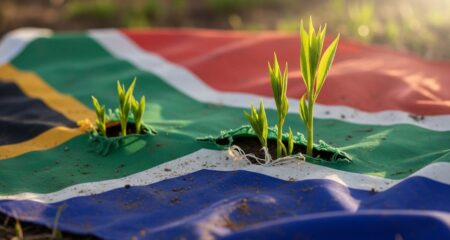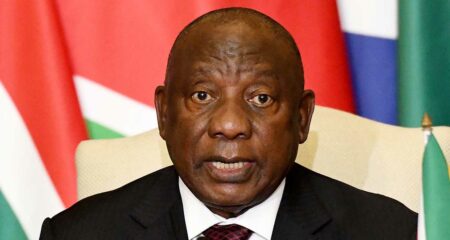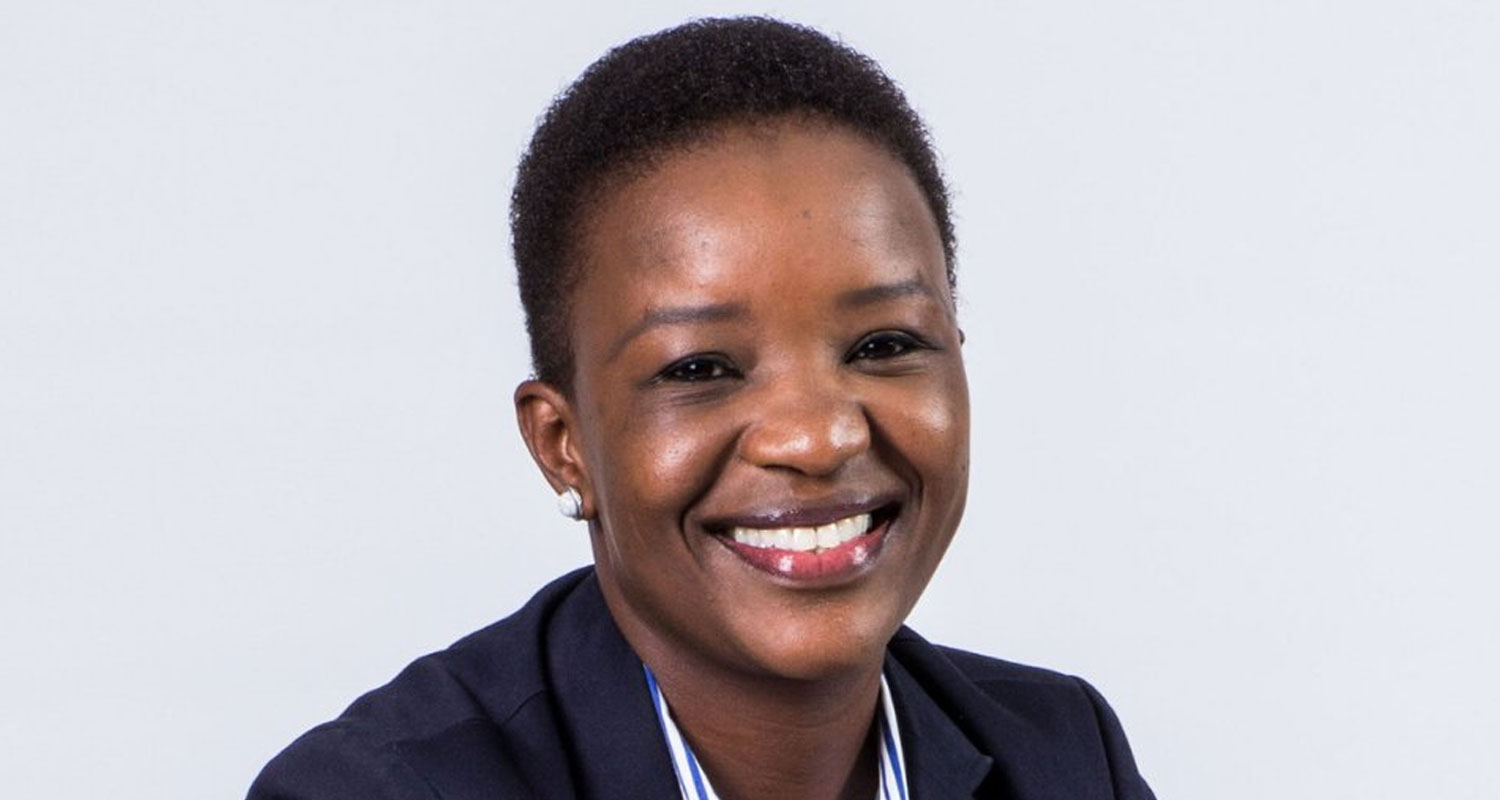
Strenuous efforts of both business and government to work alongside each other are starting to pay off. We look set to end the year with three quarters mercifully free of load shedding. Figures from our ports show that wait times have been reduced since the worst of the crisis.
There are also improvements in the flow of goods on rail. The National Prosecuting Authority continues to regain its capacity and we’re seeing the trickle of successful commercial prosecutions growing into a stream.
These are great achievements for Eskom, Transnet and the NPA, respectively. In each case, Business Leadership South Africa (BLSA) and other business organisations have focused financial resources and expertise on supporting those organisations to deliver. Their success should be seen as a positive return on investment for business.
While there have been times in the past that we’ve felt sceptical about whether the demands on our resources are worthy of support, the last year shows that when we are able to partner fully with government and get into solution mode, we can successfully deliver an improved business environment. The B4SA formation, particularly, has become a key forum for government and business to engage in solving our challenges. This year has shown it can work.
As we go into the festive season, we have reason for cheer. Business confidence is showing signs of improving in light of these changes. We’ve had three successive quarters of improvement, with the third quarter reading at the highest level we’ve seen in over two years. The fourth quarter has also had some positive indicators including the improvement in the number of national and provincial government departments receiving clean audits from 93 to 142 in five years. We also saw credit rating agency S&P Global revise its outlook on South Africa to positive from stable – the first positive move on South Africa since Covid struck.
Much more to do
But there is so much more to do. Making that point clear, the disappointing third quarter GDP growth figures revealed that parts of the economy are still struggling, particularly agriculture. The work we’re doing through the National Logistics Crisis Committee will help, but climate and weather must also play their part.
The progress so far has focused on three of the country’s network industries: energy, transport and water. The most significant gains have come from the energy sector. That was the result of years of hard work including bringing in a range of stakeholders, through the National Energy Crisis Committee (Necom), to which BLSA committed significant resources, to enable the Energy Action Plan, with the presidency’s Operation Vulindlela to drive the reforms forward.
Read: More good news for South Africa
One important but often-overlooked element contributing to the improved energy outlook has been the Resource Mobilisation fund set up by B4SA, with contributions from the private sector. This proved to be particularly useful in terms of contributing expertise and resources when required.
That is an example of how direct assistance from organised business plays a key role in maintaining the momentum of reform processes.
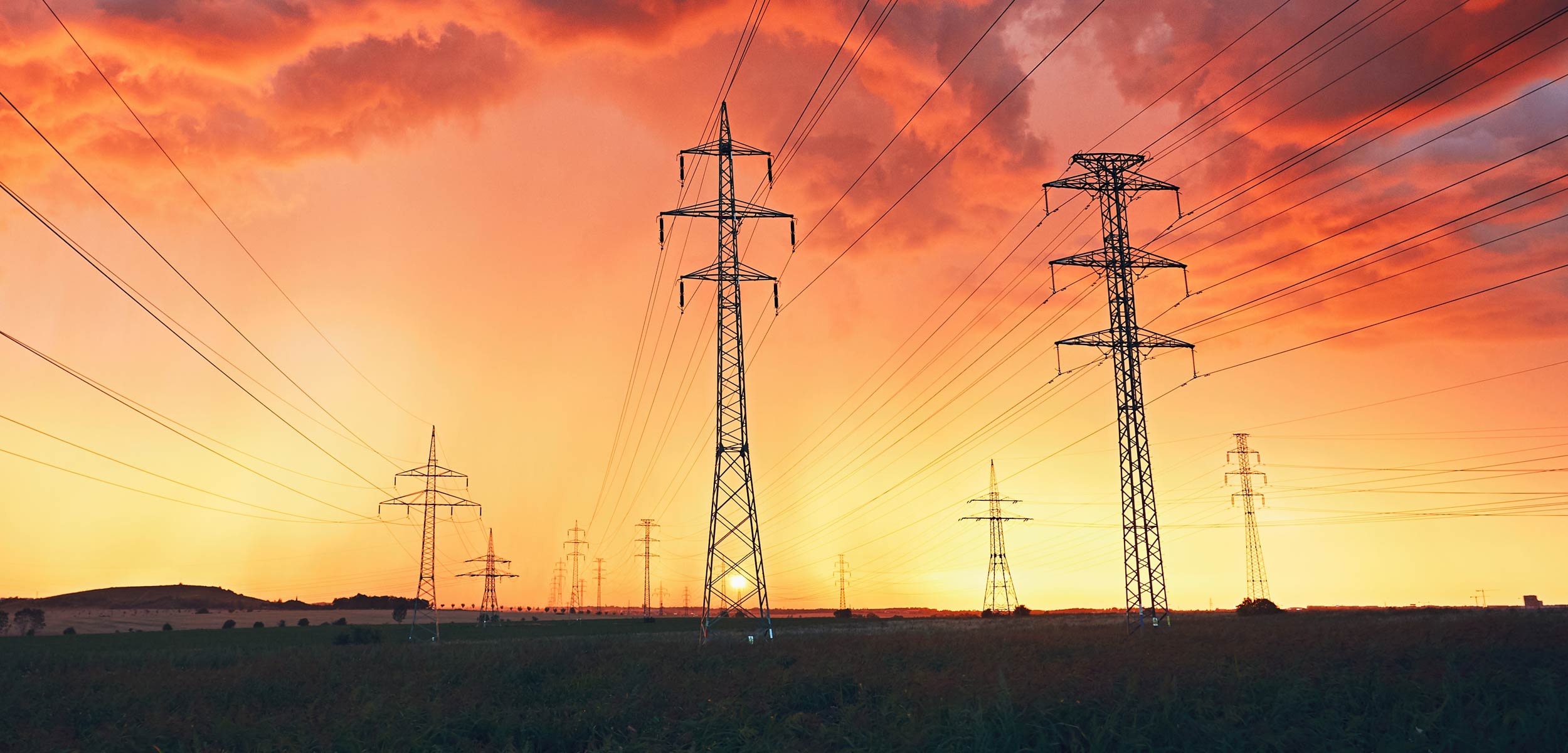
But every “victory” in the energy sector seems to unravel a new set of problems. The important Electricity Regulation Amendment Act was passed, enabling a raft of policies flowing from Necom and the Energy Action Plan to be implemented. But it has hit legal troubles with municipalities concerned that they may lose the revenue from electricity sales.
While we are starting to see the fruits of energy sector reforms, the path of fixing the water and transport/logistics sectors still has a way to go, despite recent progress.
Through its support for the NLCC, BLSA added impetus to efforts to develop the Freight Logistics Roadmap. Already it has achieved an important success with the establishment of the Transnet Rail Infrastructure Management company, with its own management and reporting structure, separating it from Transnet Freight Rail. It will oversee the initial process of ensuring that the rail network is opened to private train operating companies.
Water reform, too, has made solid progress this year with Operation Vulindlela playing a critical role in getting the new National Water Resources Infrastructure Agency established to ensure dams and connecting infrastructure are appropriately developed.
As with energy, many water-related problems need to be addressed by municipalities – and that is the next major crisis area. During Vulindlela’s second phase, the focus will turn to tackling local government service delivery issues, such as water shedding and inadequate services that hurt businesses. This is critical work if we seek to sustainably boost the country’s economy. Turning around the many dysfunctional municipalities is possibly the most difficult goal facing Operation Vulindlela. Most municipalities are run by political appointees, and there are major skills gaps. Already BLSA has been contributing to partly closing these gaps through its contributions to the technical assistance, mentorship and development project of the National Business Initiative. This seconds experienced people out of retirement to mentor and develop local government employees.
Focus of attention
As I think back over the year, one of the most tangible experiences of this impact was a visit I made to the Eastern Cape to visit one of eight schools that BLSA funded to get working toilets in place. Kids can’t learn unless they have water and toilet facilities. This basic service delivery is essential not only to our economy now but to its future. That was the result of a project BLSA and USAID backed to build capacity in the provincial department and various municipalities in the province. Getting water to those schools required working with municipalities to fix basic infrastructure, which also means residents and businesses benefit. While modest in scale, it gave me hope that we can fix things at local government level and I am optimistic about what we can do with Operation Vulindlela and others as we focus attention on this critical area of service delivery next year.
Read: South Africa’s prospects are looking up: top ratings agency
That will be a focus for our attention next year, but we will still be supporting other important areas of reform. That includes the criminal justice system, where we will continue our support for the NPA through the memorandum of understanding that enables it to bring in private sector expertise for investigations. This is critical to enabling the country to escape the Financial Action Task Force grey list by successfully prosecuting corruption.
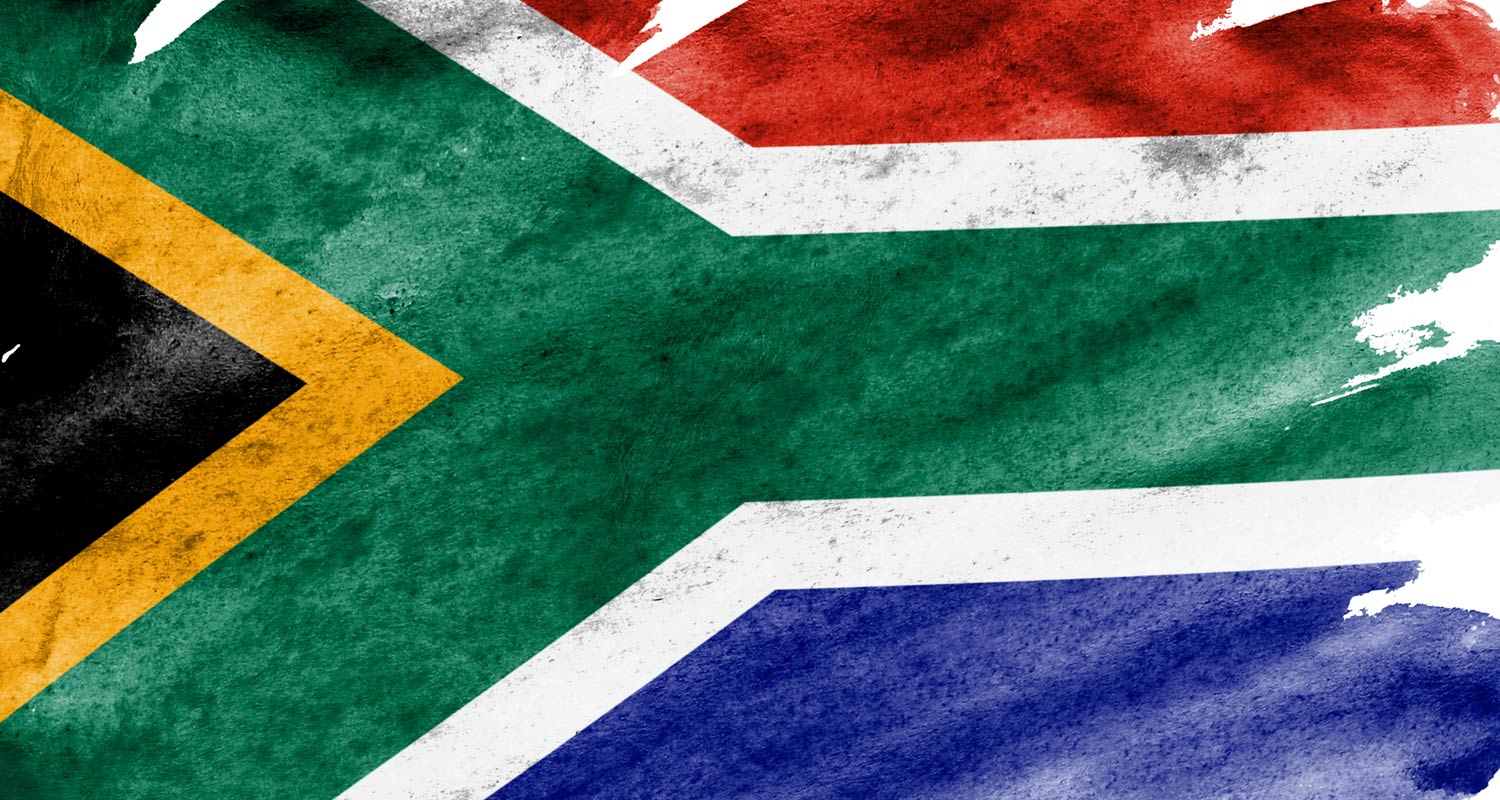 Next year will also see the G20 hosted in South Africa. Business will play an important role in supporting the event. The B20 will operate alongside it and BLSA, as co-chair, will be actively working with the leadership team to ensure its success. Our focus at B20 will be on ensuring that issues important to business in South Africa and other emerging economies are conveyed through to the G20. We will also highlight the progress we’ve made in our reform programme, emphasising how effective partnerships between government and business can be when working towards goals that are in the national interest. It will be an opportunity to tell the world that South Africa is back and open for business.
Next year will also see the G20 hosted in South Africa. Business will play an important role in supporting the event. The B20 will operate alongside it and BLSA, as co-chair, will be actively working with the leadership team to ensure its success. Our focus at B20 will be on ensuring that issues important to business in South Africa and other emerging economies are conveyed through to the G20. We will also highlight the progress we’ve made in our reform programme, emphasising how effective partnerships between government and business can be when working towards goals that are in the national interest. It will be an opportunity to tell the world that South Africa is back and open for business.
- The author, Busi Mavuso, is CEO of Business Leadership South Africa
Don’t miss:
R20-billion earmarked for expansion of hi-tech Waterfall City precinct


